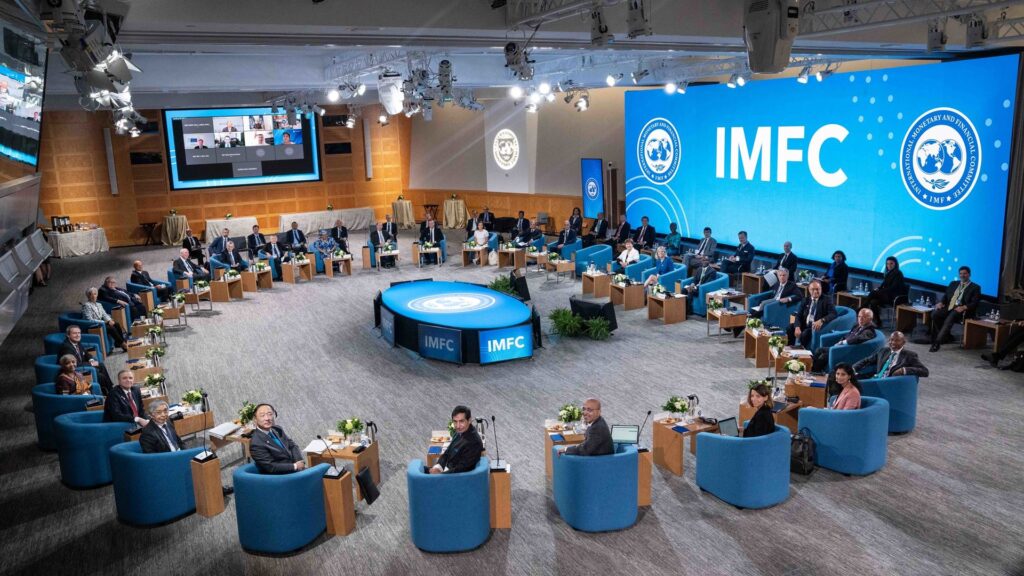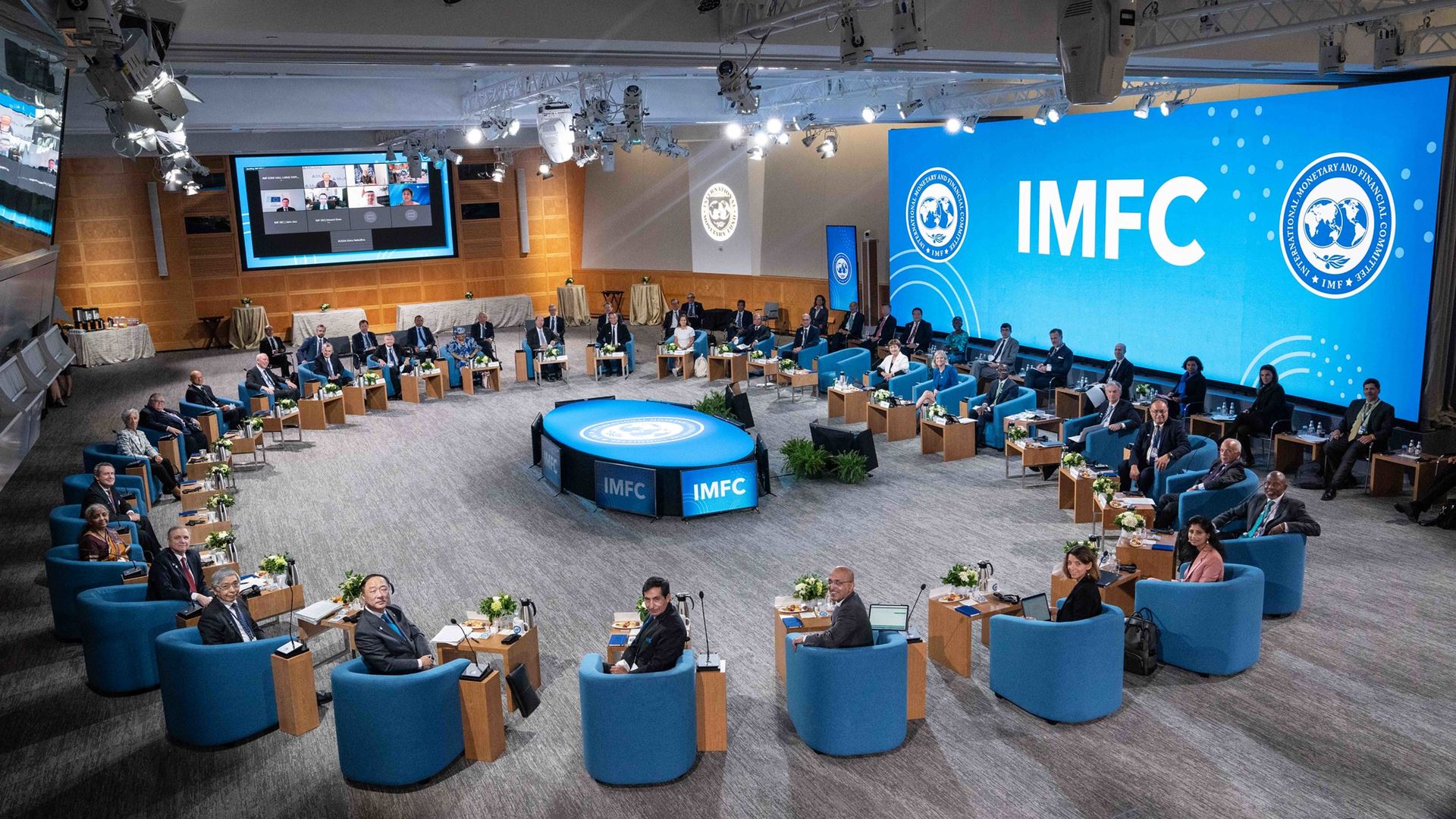
The evolution of payment and contracting platforms has revolutionized the way businesses and individuals conduct transactions both domestically and across borders. These platforms have become essential components of the global financial landscape, offering convenience, speed, and efficiency. In this article, we delve into the significance of cross-border and domestic payment and contracting platforms, exploring how they enhance financial connectivity and facilitate seamless transactions.
The Rise of Payment and Contracting Platforms: Advancements in technology and digital infrastructure have paved the way for the emergence of payment and contracting platforms. These platforms leverage digital channels, such as mobile devices and the internet, to facilitate secure and instant transactions. They offer a wide range of services, including online payments, digital wallets, peer-to-peer transfers, and electronic contracting, providing users with unprecedented convenience and accessibility.
Cross-Border Payment Platforms
Cross-border payment platforms play a crucial role in facilitating international transactions. Traditional methods of transferring funds across borders often involve lengthy processing times, high fees, and complex processes. However, modern platforms have simplified this process by offering real-time transfers, competitive exchange rates, and enhanced transparency. They enable businesses to engage in global trade seamlessly, promote financial inclusion, and foster economic growth by removing barriers associated with cross-border transactions.
Benefits of Domestic Payment Platforms
Domestic payment platforms also offer significant advantages for individuals and businesses operating within a single country. These platforms streamline payment processes, reduce reliance on cash, and provide secure and efficient alternatives to traditional banking systems. Domestic payment platforms empower businesses, especially small and medium-sized enterprises (SMEs), by offering convenient payment options, enabling them to expand their customer base and improve cash flow management. Additionally, these platforms contribute to the digitization of economies and support the transition towards a cashless society.
Contracting Platforms: In addition to payment services, contracting platforms have gained prominence in facilitating secure and efficient business transactions. These platforms provide a digital infrastructure for creating, signing, and managing contracts, eliminating the need for physical documentation and reducing administrative burdens. Contracting platforms offer increased transparency, improved contract lifecycle management, and enhanced security through features such as digital signatures and encrypted document storage. By streamlining the contracting process, these platforms contribute to greater efficiency, cost savings, and risk reduction for businesses.
Key Considerations and Challenges
While payment and contracting platforms offer numerous benefits, certain considerations and challenges must be addressed. Security and privacy concerns, regulatory compliance, interoperability, and the digital divide are important factors to be mindful of. Ensuring robust security measures, establishing regulatory frameworks that protect users, promoting interoperability between different platforms, and addressing the digital divide are crucial steps in harnessing the full potential of these platforms.
Cross-border and domestic payment and contracting platforms have transformed the way transactions are conducted, offering unprecedented convenience, speed, and efficiency. These platforms enhance financial connectivity, support global trade, promote financial inclusion, and contribute to the digitization of economies. By addressing key considerations and challenges, policymakers, businesses, and individuals can leverage these platforms to unlock their full potential and foster a more interconnected and digitally-driven financial landscape. As technology continues to advance, payment and contracting platforms will play an increasingly vital role in shaping the future of global finance.





